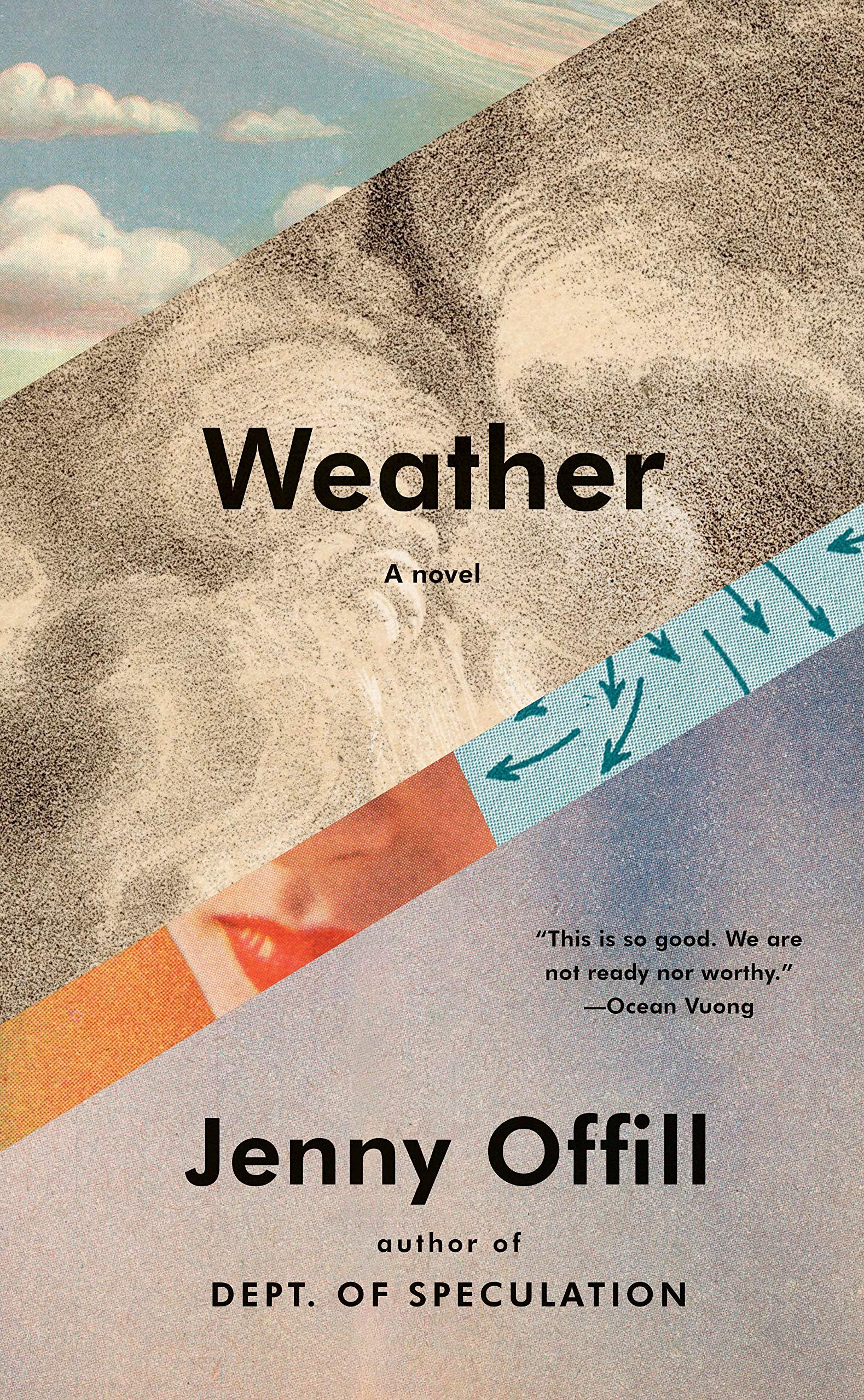On Distraction and Fragmentation
It is a humid afternoon in Edinburgh, summer of 2021, and I am distracted. My group chats are pinging, I am reeling from a recent breakup, and every time I sit down to read or write, I can’t seem to stop my eyes from drifting towards the Royal Mile revelry outside my window, my blinking iPhone. Patricia Lockwood’s latest book, No One is Talking About This, might seem an odd choice for someone with shifting attentions; her vignettes move swiftly from the rise of neofascism to viral memes to police brutality—none of which, despite their moral inequivalence, suffice to sustain her attention for any significant length of time. Yet it is exactly this, the fragmented narrative, that grips me wholly. I finish the book later that evening, just as the raucous crowds outside begin to taper home in twos.
NOITAT centers on a young woman catapulted to internet fame due to a single, popular tweet (Can dogs be twins???). Her world is upended when her sister’s newborn daughter is diagnosed with a rare and life-threatening condition. While the first half of the novel might seem scattered or lacking in clear focus, this only heightens the sense, in the second half of the book, that her attentions are funneling into the singular focus of her niece’s fragile life. By this point in the narrative, my attentions have settled too: I am no longer drawn to the noises on the street, the blinking lights on my devices, the political turmoil here and across the pond.
Lockwood’s novel appears to be part of a larger, rising literary trend of writers who are concerned with the art of concision. In an interview with The Guardian, Jenny Offill, author of Dept. of Speculation and Weather, two novels distinctive for their fragmented forms, says, “I spend a lot of time trying to figure out how you can say the most with the least.” Literary scholars have attempted to make sense of this economy of prose, what it says about us and the present moment. In The Rise of the Fragmented Novel, Ted Giola attributes the form’s reemergence to the political moment: “Most of us are deeply suspicious of proffered unities nowadays—and for a good reason, no? Been there, done that. Tidy narratives have become the domain of politicians and ideologues.” Certainly, Lockwood is questioning traditional power structures; throughout the text she refers to an unnamed but recognizable political leader as a “dictator,” and then retreats somewhat, considering the possibility that a dictator is nothing new, but rather, all we have “ever been having, constantly, since the beginning of world.” But I would also argue that the move towards fragmentation is more than a manifestation of a political or technological moment. There is a certain timelessness to the approach; fragmentation allows Lockwood to raise complicated moral questions–about the sanctity of life, abortion, and religion–without offering tidy conclusions. The many threads and vignettes that make up the narrative serve the dual functions of question and answer.
Which is perhaps to say, we’ve always been a little bit distracted. Even before the days in which it was possible to have twenty-five tabs open at once (as I write this, I have twelve: five of which have something obvious to do with Lockwood, Offill, and the fragmented novel; the other seven less so—although I’m certain I could justify them, if pressed), haven’t our minds always wandered, haven’t we always wrestled with unanswerable questions? Is it the job of the writer to cure distraction? Or to embrace it? To attempt to wrangle our shifting attentions or to mirror them?
Recently I’ve been thinking more about the fragmented novel as a sincere expression of faith in the reader. As Wojciech Drag posits in his essay on the fragmentary novel, Ofill and her contemporaries do away with much of the novel’s traditional “scaffolding.” “What their fragmented structures need in order not to collapse is the reader’s ability and readiness to fuse the building blocks and supply the missing bricks.” By eliminating laborious transitions and other tired conventions, Offill, Lockwood, and other masters of the fragmentary form entrust their readers with their novels’ co-creation. A balm for the reader’s distraction, or perhaps a celebration of it.


